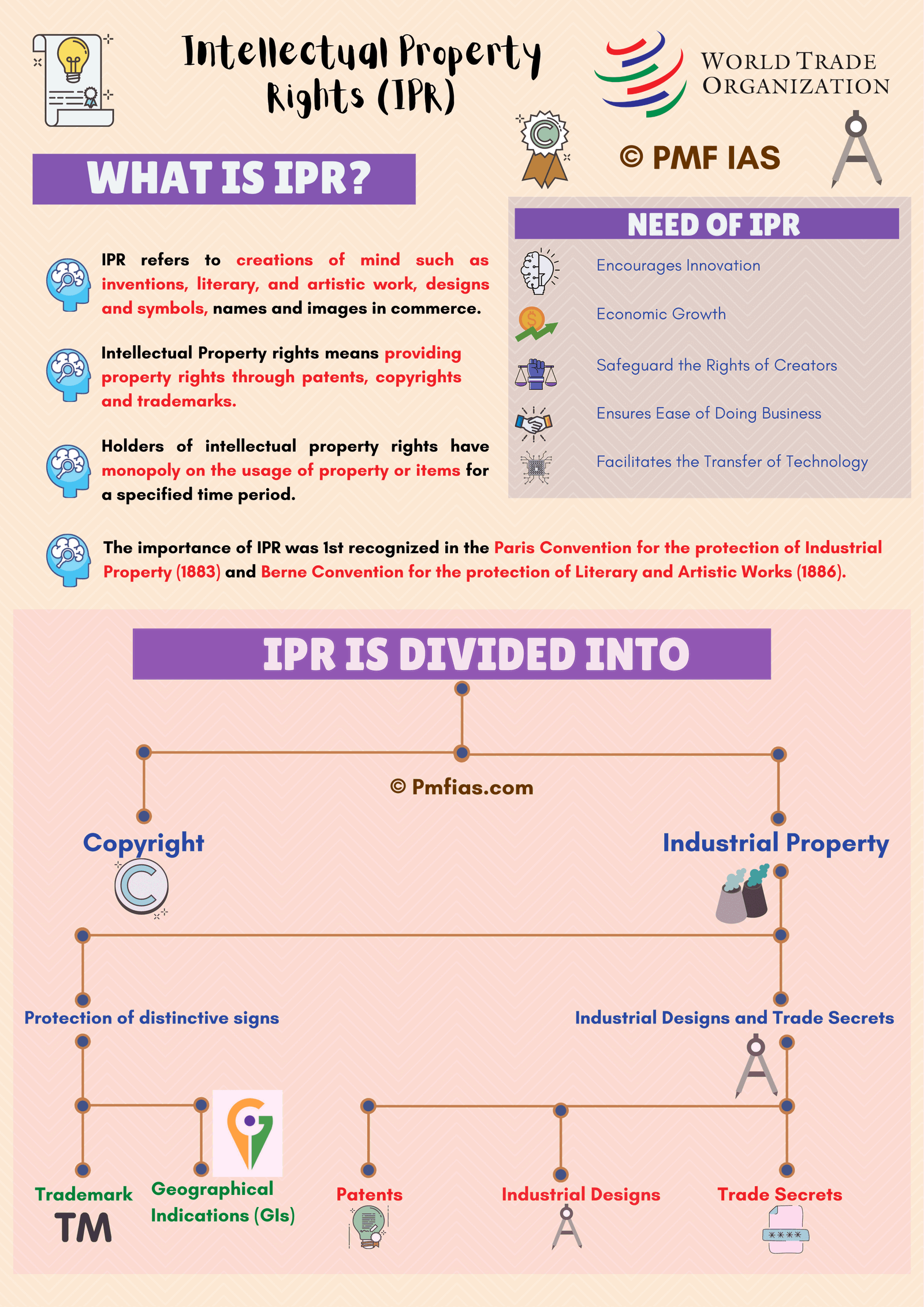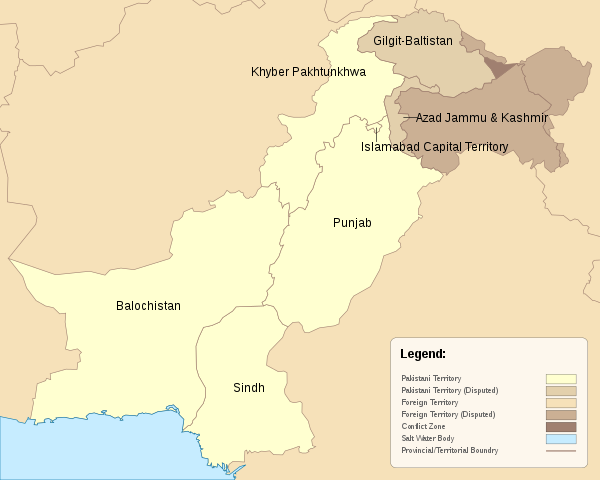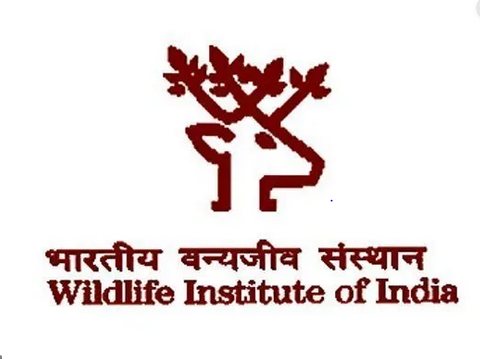
Protection of Plant Varieties & Farmers’ Rights (PPVFR) Act, 2001
Subscribe to Never Miss an Important Update! Assured Discounts on New Products!
Must Join PMF IAS Telegram Channel & PMF IAS History Telegram Channel
Plant Variety Protection
- It refers to the protection granted for plant varieties.
- These rights are given to the farmers & breeders to encourage the development of new varieties of plants.
- Plant variety protection in India is governed by “The Protection of Plant Varieties & Farmers’ Rights (PPV&FR) Act, 2001”.
Protection of Plant Varieties & Farmers’ Rights (PPVFR) Act, 2001
- PPVFR Act, 2001 has been enacted in India for giving effect to the TRIPS Agreement.
- The PPVFR Act retained the main spirit of TRIPS viz., IPRs as an incentive for technological innovation.
- However, the Act also had strong provisions to protect farmers’ rights.
- The act allows farmers to plant, grow, exchange & sell patent-protected crops, including seeds, & only bars them from selling it as “branded seed”.
- It recognised three roles for the farmer: cultivator, breeder & conserver.
- As cultivators, farmers were entitled to plant-back rights.
- As breeders, farmers were held equivalent to plant breeders.
- As conservers, farmers were entitled to rewards from a National Gene Fund.
|
Objectives of the PPVFR Act
- Facilitate an effective system for the protection of plant varieties & the rights of farmers.
- Encourage the development of new varieties of plants.
- Protect the rights of the farmers in respect of their contribution in conserving plant genetic resources.
- Facilitate the growth of the seed industry which will ensure the availability of high quality seeds.
Criticism of PPVFR Act, 2001
- Discourages research & innovation: PPVFR Act allows farmers to use patented varieties & hence private companies are not keen to bring new technology.
- India neither invests in public sector nor respects private & foreign players’ IPR (bad for business).



















India is not a member of UPOV